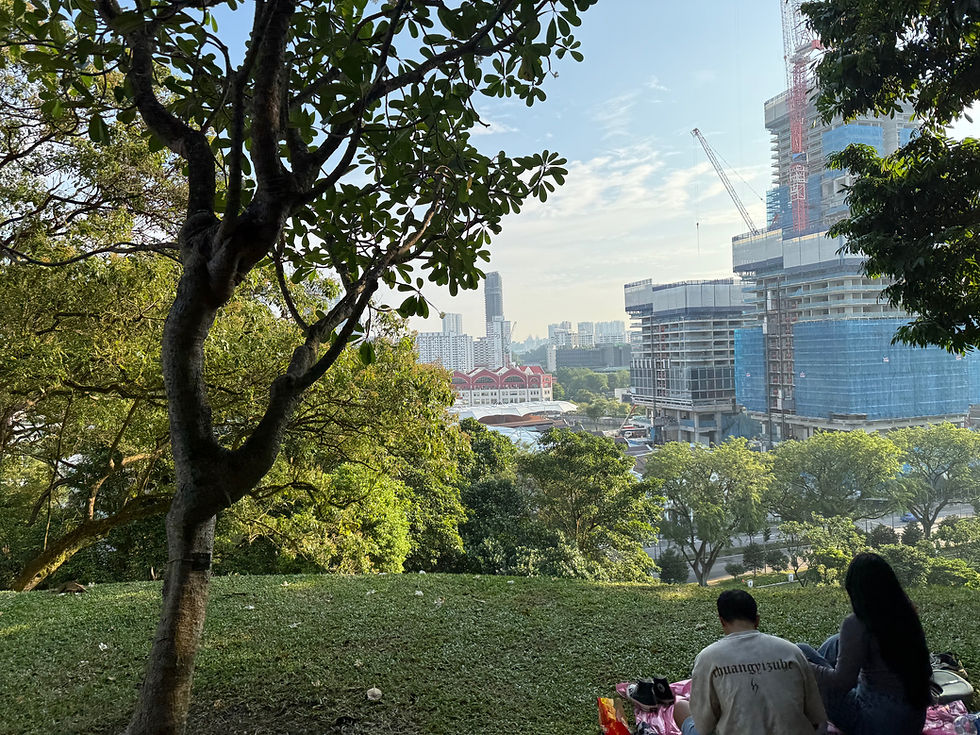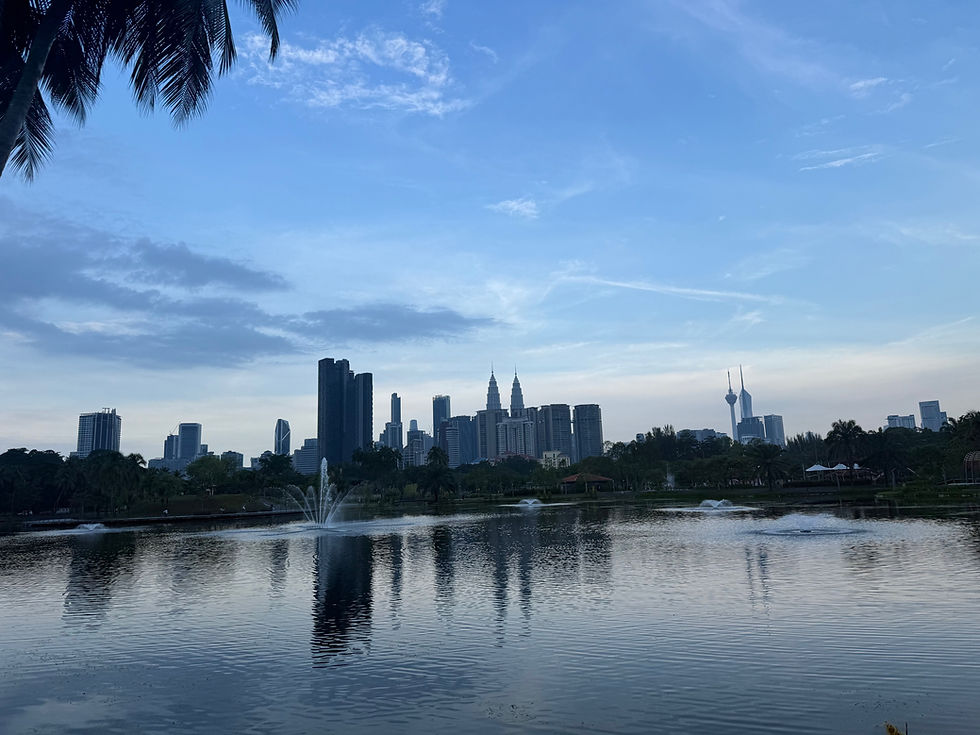Don’t Worry, It Gets Worse: Southeast Asia Should Count Its Blessings Before They Get More Scarce
- Nikola Ranick
- Jan 12, 2022
- 3 min read
Updated: Jan 12, 2022

With fond memory does this author look back to the passion in which he wrote an early blog post whilst entrenched in the urban ruin that was Station Square Mall in Pittsburgh. Alas, the jovial nature of that memory overshadows the inaccuracy of what was written-a rather optimistic puff piece on emerging democratic trends in Southeast Asia.
What a difference three years makes! The very hypothesized catalyst-a new non-UMNO led Malaysia- has all but reverted to its previous form, with its

corrupt former PM still ushering in election wins and potentially successful in evading (valid) corruption charges. The hope for Thailand’s military junta to gradually ease democracy in and itself out have proved quite the opposite, and new youth opposition has organized concurrently. Yet this opposition's political validity is all but banned and the ruling powers that be feel so confident in their grasp on the country that their notoriously aloof King Vajiralongkorn has returned to Munich (yes, that one) in recognition of stasis maintained.
Even the status quo of mainland Southeast Asia’s smaller cohorts is less than ideal. Laos may have been thrilled to welcome a Chinese rail line completion, but that just embodies the country’s continual poverty in the face of both increased Chinese investment and debt concessions. Yet little Laos is perhaps the lesser affected, with Cambodia’s ever entrenched regime’s turn at the spotlight via Chairmanship of ASEAN mired by fears of covert Chinese influence in the otherwise independent organization. Simultaneously, the once vibrant (and popular) opposition to Phnom Penh finds itself at last infighting even in political wilderness.

As for our island friends to the East, the maintenance of political families is front in center with prospective return of the Marcos Family to power in the Philippines. Another prospective Filipino strongman brings joy to very few, except of course, the islands' citizens, who will enthusiastically vote for the

Dynastic Son AND outgoing President Duterte's daughter for Vice President. To the South, Indonesia makes the Philippines' enduring insurgencies look quaint in the wake of an increase in Political Islam and therefore sectarianism in an otherwise diverse subsection of the region. Coupled with increasingly undemocratic trends from the once globally-admired President Jokowi, Indonesia seems primed for the next liberal democracy to plunge into institutional decline and liberal backsliding.
And who can forget the most devastating democratic decline of the region- Myanmar? The genocidal tendencies of the ruling NLD and Military towards the minority Muslim Rohingya fall to the wayside in the wake of a military coup that has en-flamed ethnic and rebel group tensions into violence. As opposed to a non-Tatmadaw nation, the only certainty from the louder -and louder- armed rebel forces is consistent divisiveness and infighting on all sides. In summary: A failed state. Anyone privy to the present Civil War in Ethiopia better start taking notes on the same occurring in Southeast Asia’s heartland.
If there is one positive outlook in the region, it is that this democratic backsliding may not too maliciously assault economic growth (excluding Myanmar, which is, naturally, toast). Indeed, at least some success has come from the sandbox style of tourism these countries have pursued in order to promote tourism in a Covid-Conscious World. In short, it allows laxer quarantine and testing rules for certain touristy-regions in otherwise strict countries, like Bali in Indonesia and Phuket in Thailand. Still, the region’s overall aversion to Covid in any form -largely influenced by the Covid-Zero mindset of China- could prove costly. Especially with the surging spread of Omicron, the likelihood of corresponding lock downs, closed borders, and shuttered economic outcomes have risen significantly. Indeed, the lack of democracy and citizen feedback inherent to this strict (and increasingly outdated) pandemic approach may embody best the illiberal trends of present Southeast Asia.





Comments